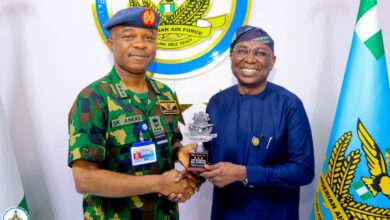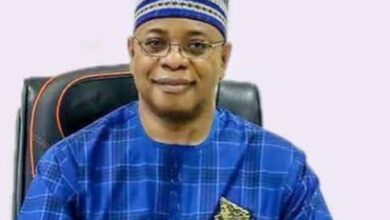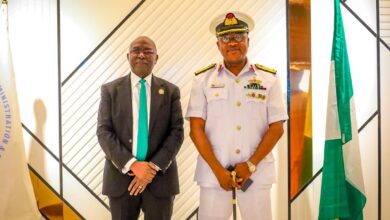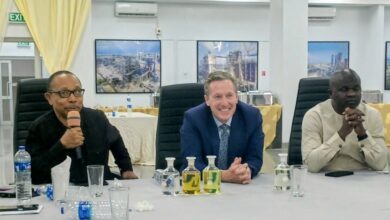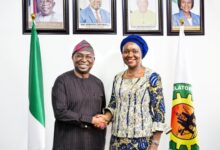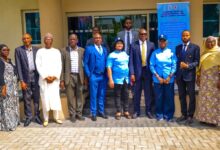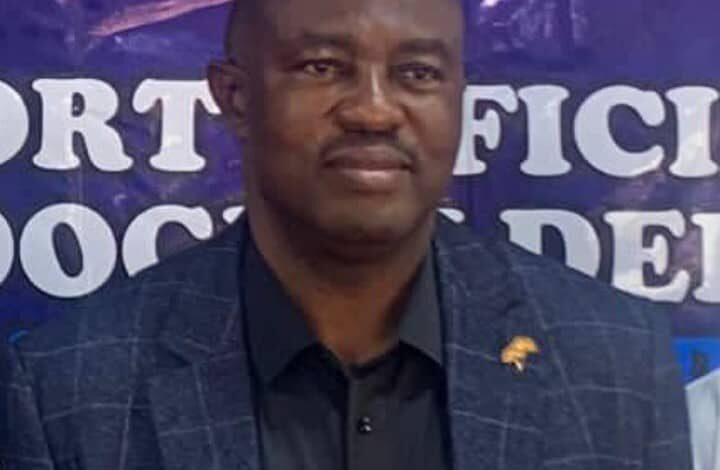
Maritime expert and publisher of JournalNG Magazine, Ismail Aniemu has raised concerns over the rising wave of politically motivated seaport projects in Nigeria, stressing that port infrastructure should be guided by economic factors such as trade flow and industrial demand.
He expressed deep worry over the emerging pattern where nearly every coastal or riverine state is proposing to construct their own seaport regardless of whether they have the industrial base, cargo generation capacity, or access to regional markets to justify such huge investment.
Aniemu who was speaking at the maiden Advocacy Times Port Industry Breakfast Meeting with the theme, “Port Efficiency and B’Odogwu Deployment – Impact and Prospects” on Thursday, August 14, 2025 in Lagos said neglecting these fundamentals could lead to wasteful investments and underutilised facilities.
While emphasising the relevance of need analysis, he urged the federal and state governments to focus on optimising the country’s existing legacy ports rather than embarking on what he described as prestige driven new port projects.
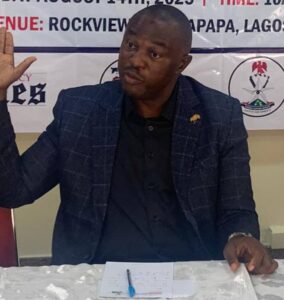
Citing Bayelsa, Edo, Ondo, and Ogun States as examples of states currently pursuing seaport projects without clearly articulating the economic rationale behind them, Aniemu warned that this approach mirrors what has already happened in the aviation sector, where several airports across the country exist as status symbols rather than as functioning, economically viable transport hubs.
He described the Sapele Port as once a major export terminal for rubber and timber as a cautionary tale. Now converted into a naval engineering training school, the port no longer plays a role in commercial trade, highlighting the consequences of economic decline and underutilisation of key infrastructure.
While acknowledging the desire of many states to participate in Nigeria’s maritime economy, Aniemu maintained that Lagos remains uniquely positioned as the country’s commercial and logistical hub. With its proximity to ECOWAS markets, the busiest airport in West Africa, and high-volume land border access, Lagos naturally draws the largest cargo throughput in the country.
He lauded efforts to expand port infrastructure within Lagos such as at Badagry, saying it makes far more economic sense than duplicating port investments in states without trade capacity.
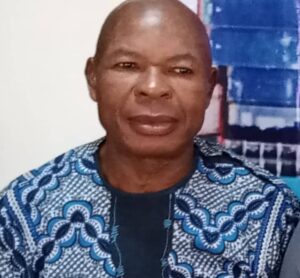
The maritime expert commended the Lekki project as a model of economically driven infrastructure, already serving as a transshipment hub for cargo heading to Ghana, Côte d’Ivoire, Benin Republic, Togo, and Cameroon. The port, he said, proves that with sound vision, geographic advantage, and the right investment, Nigeria can reclaim leadership in West and Central African maritime logistics.
He compared it with the advanced port infrastructure already operational in smaller West African nations like Togo and Benin Republic, where port automation, port community systems, and multimodal connectivity are well established.
Aniemu highlighted that the path forward must include the rehabilitation of Nigeria’s existing legacy ports, particularly in regions where there is still industrial or agricultural potential. He advocated massive investment in port automation, cargo handling infrastructure, and intermodal transport systems, as opposed to pouring funds into symbolic port projects that will end up idle or abandoned.
On his part, the Secretary General, International Freight Forwarding Association of Nigeria (IFFAN), Tochukwu Nwanbueze stressed the importance of transparency, and economic justification in Nigeria’s infrastructure planning.
The freight forwarder who represented the president of IFFAN, Lawrence Uba, noted that the ongoing trend of pushing for new ports in nearly every state regardless of trade volume reflects a worrying disconnect between infrastructure investment and the country’s economic priorities. Citing examples like the underutilised Onitsha Port, which remains dormant due to its inability to accommodate large vessels, he highlighted the risks of pursuing projects without proper feasibility assessments or long-term viability.
Nwanbueze emphasised that proximity to existing functional ports should be leveraged rather than creating redundant and costly facilities in nearby states. While acknowledging that states like Ogun have products suitable for export, he argued that such cargo can be efficiently routed through Lagos Ports, eliminating the need for separate seaports.
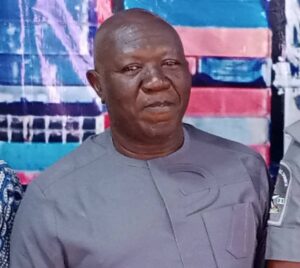
The convener and Publisher of Advocacy Times, Paul Ogbuokiri in his welcome address, emphasised the efficiency of Nigerian ports as a matter of urgent national interest, stressing that a well-functioning port system is fundamental to the success of the maritime sector and has far reaching implications for the entire economy.
Acknowledging the efforts of the Nigerian Ports Authority under the current Managing Director, Dr. Abubakar Dantsoho, he pointed to the administration’s role in driving reforms and implementing critical projects aimed at modernisation.
Ogbuokiri called attention to the ongoing one-billion-dollar ports modernisation project initiated by President Bola Tinubu’s administration, which is currently under implementation. The modernisation agenda, he said, represents a significant investment in Nigeria’s trade future, but it is essential to measure its practical effects on efficiency and competitiveness.
The event was hosted in collaboration with online news platform, Maritime Nigeria, published by Kevin Kagbare.


